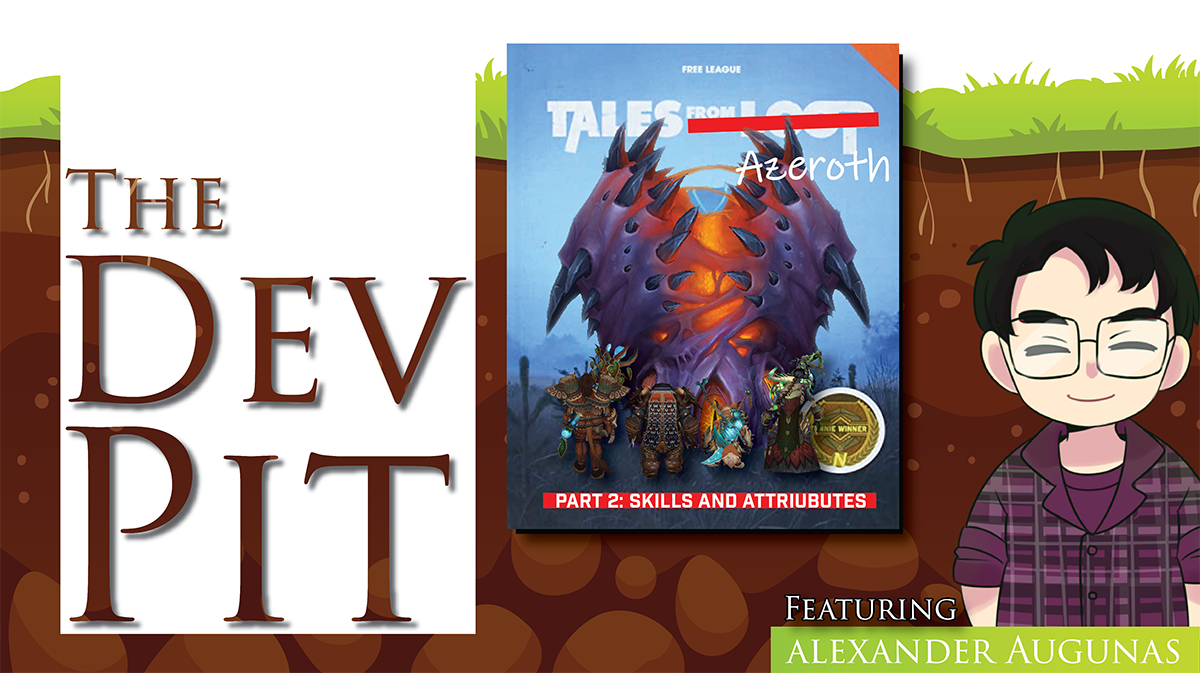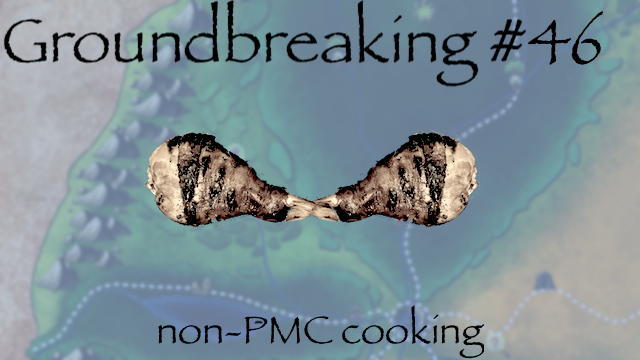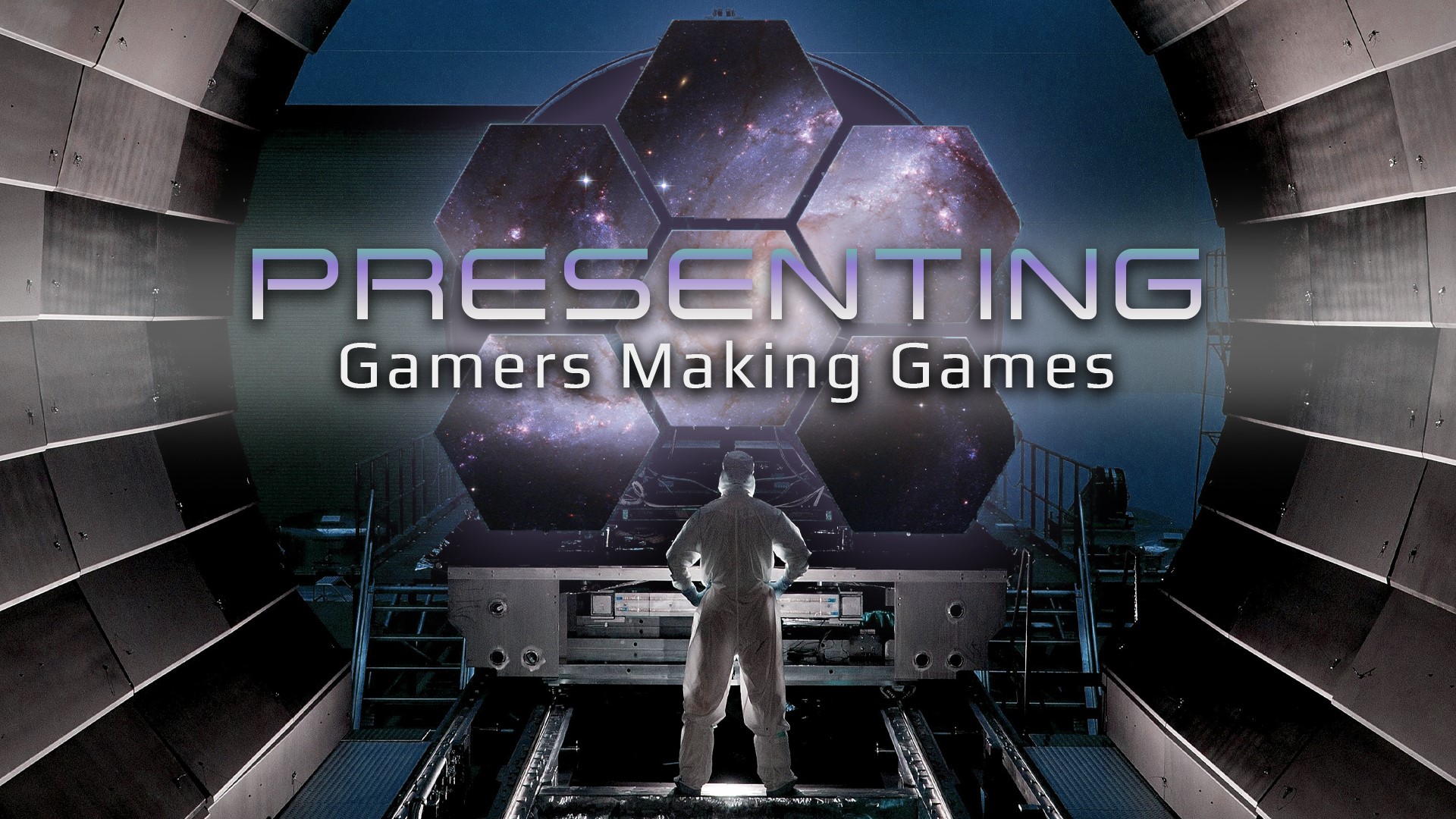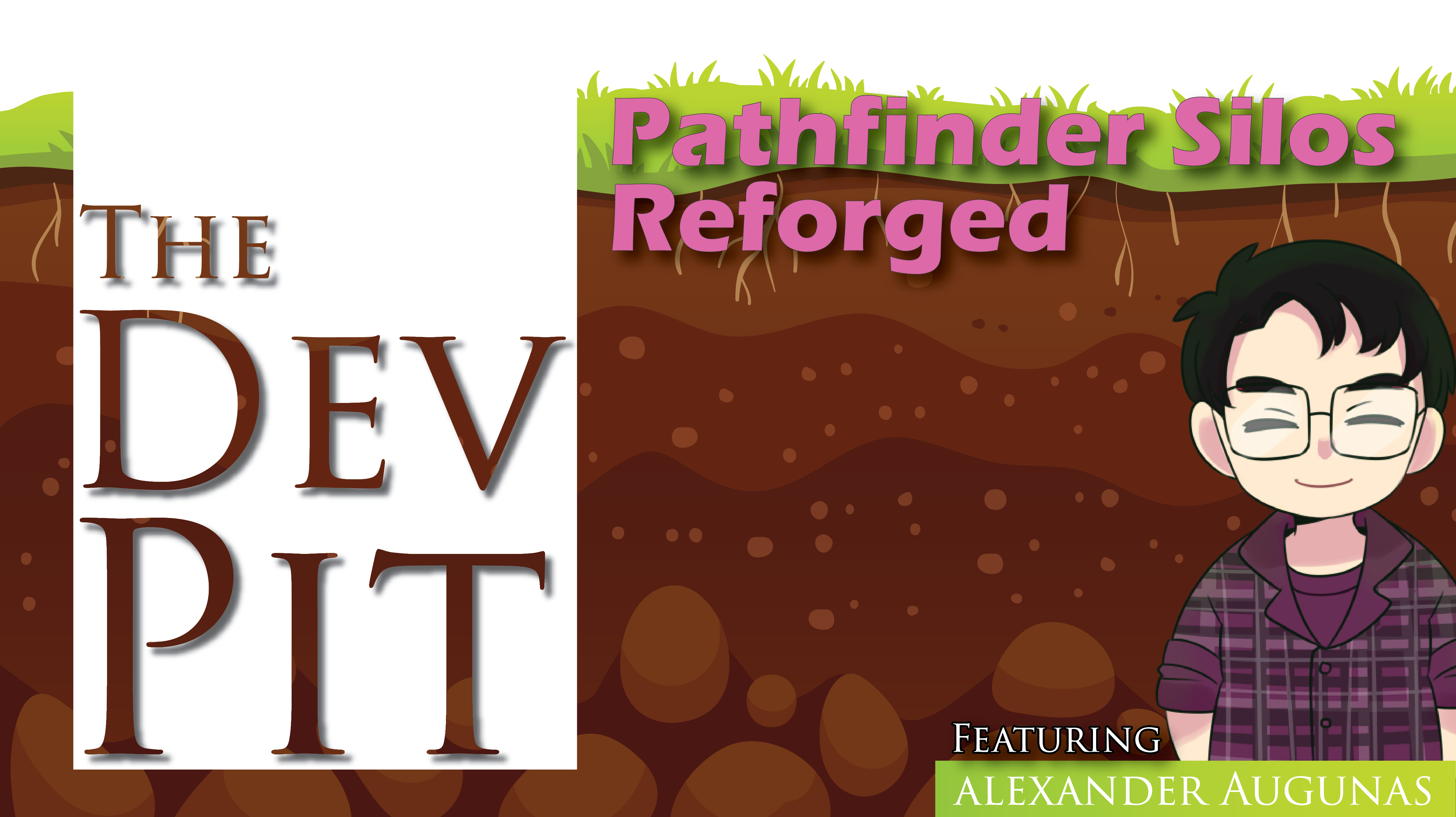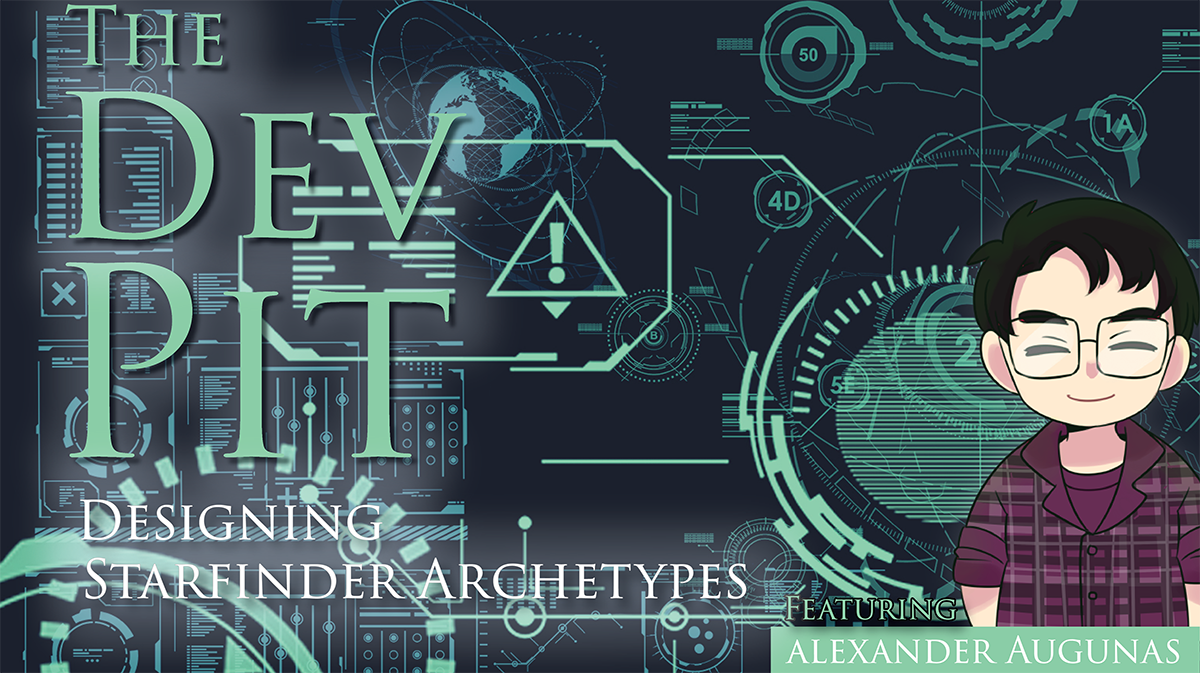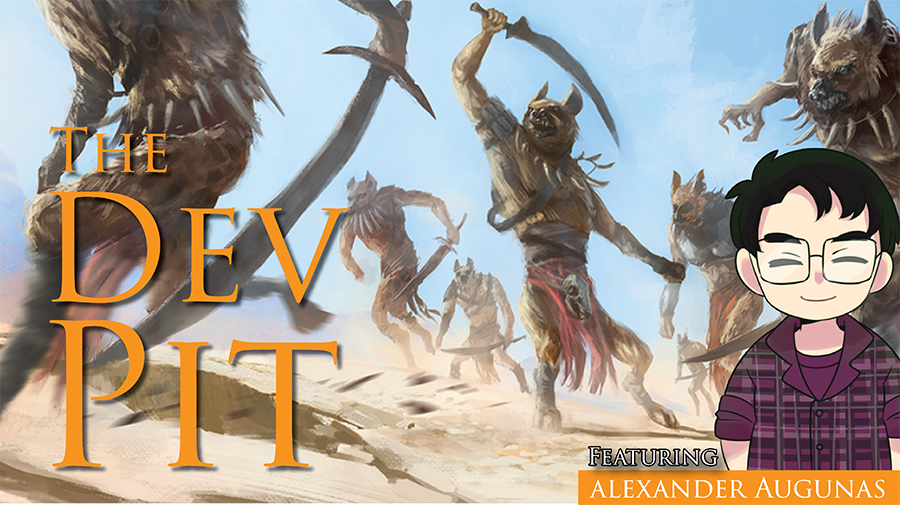Welcome back to Guidance! I’m Alex Augunas, the Everybody Gamers, and today I’m continuing my multi-part series on adapting Tales from the Loop to serve as conflict resolution tool for in-game roleplaying in World of Warcraft! You can check out other installments in the series HERE: Part 1, Setting the Stage | Part 2, Attributes and Skills (You Are Here) | Part 3, Class and Race | Part 4, Running Tales from Azeorth.
I want to design Tales from Azeroth as an optional conflict-resolution system that allows in-game roleplayers in World of Warcraft to have a fun, low-rules way to resolve conflict in their In-Game World of Warcraft RP. To this end, I can’t be bothered with any serious character building mechanics; the point of the system is to align with World of Warcraft as it is now and to never truly need a new edition, which means it needs to be able to accommodate the game as it is currently and how it could evolve years in the future.
This week’s installment in the series is Attributes and Skills. Let’s go!
Attributes: Your Potential
Tales from the Loop has four attributes that determine how good they are with dealing with Trouble. When you try and use a skill to resolve Trouble, you get to add a number of d6s to the total number you roll based on your Attribute. In Tales from the Loop, the four attributes are:
- Body, is your ability to jump high, run fast, fight, sneak, and climb.
- Tech, is the ability to understand machines and robots, program technological things, open locked doors, and build things.
- Heart is the ability to make friends, lie, know the right people, great a good atmosphere, and persuade others.
- Mind is the ability to find weak points, understand people, situations, and creatures, solve riddles, understand clues, and have the right knowledge at the right time.
World of Warcraft has its own attribute system, which is much more like a traditional RPG’s. They are:
- Strength, which is used by Warriors, Paladins, and Death Knights to determine their attack power.
- Agility, which is used by Hunters, Shaman, Rogues, Demon Hunters, and Druids to determine their attack power.
- Intelligence, which is used by Paladins, Mages, Warlocks, Priests, Shamans, and Druids to determine their spell power.
- Stamina, which is determined by all characters to determine their Hit Points.
Using World of Warcraft’s system for a roleplaying game is tough, because as you can see the attributes in WoW are extremely game-play oriented; you basically know how this will go down. Every warrior will pick to max their Strength, every Mage their Intelligence, and so on. Furthermore, in gameplay (such as quests) these attributes don’t play much into the things your character does in-game; you can be a mage and complete the weapon combat routines or a paladin and utilize the This is a good example of where just translating WoW’s rules isn’t going to work well for a game designed around conflict resolution; honestly Tales from the Loop has a great system, it just needs a new coat of paint. Let me show you:
- Body is your ability to jump high, run fast, fight, sneak, and climb.
- Gear is the ability to understand, use, and craft items, objects, and constructs.
- Heart is the ability to make friends, lie, know the right people, great a good atmosphere, and persuade others.
- Luck is the ability to get out of dangerous situations and for things to unexpectedly go your way.
- Mind is the ability to understand and exploit people, situations, creatures, riddles and clues, and knowledge at the right time.
As you can see, I didn’t change much; I rewrote Tech to Gear because it fits the setting a bit better, I changed some of the terminology for Mind, and I added Luck, but otherwise what was already there works pretty good in my opinion! So, why did I add Luck as an attribute? In Tales from the Loop, Luck is basically a “5th Attribute” already, except your Luck is basically the number of Hero Points (aka spend-on-use rerolls) that your character has. But we’ll talk more about this in the following section.
Assigning Attributes
So, how do we improve our attributes? In Tales from the Loop, your Attributes range from 1 to 5, and you start with a number of points to spend on them equal 15 – your age In Tales from the Loop, you can be as old as 15 or as young as 10, so you can be 15 years old with 5 attributes spread however you want and no rerolls, or you can be 10 with no attributes but 5 rerolls. It’s a big tactical choice that changes how the game feels because an older character is slightly more likely to succeed but more beholden to their dice while a younger character is able to leverage their youth to their favor more often; a sort of “beginner’s luck.”
But age doesn’t matter in World of Warcraft, so we need a different way to assign our attributes. To me, the logical first step is to make Luck an attribute that basically does the same thing in Tales from Azeroth as it does in Tales from the Loop; no skills are associated with Luck, so instead you get a number of Rerolls that you can use on any skill equal to your Luck attribute. Then you get 5 points and can spend them however you want. Mostly. Let’s talk quickly about some ideas for where your points come from:
- Race I went back and forth on this for a while, but I ultimately decided that your race shouldn’t affect your attributes because your race has a VERY small impact on how good your character is in World of Warcraft. My vulpera warrior (who’s a 3-foot tall fox) is just as strong as a tauren warrior (who’s an 8-foot tall minotaur), and while vulpera might not be about Strength as a race, they talk all the time about survival in-game, which is absolutely a Body concept same as Strength. I generally like your race mattering for your character, but attributes aren’t the way to do it methinks.
- Class On the other hand, I do think that your class should have some say on your attributes, even if it’s just a small one. We’ll say that you get 4 Attribute Points to spend how you want and your class adds 1 Attribute to a specific attribute that’s on-theme for that class; I’m thinking it’ll look something like this:
- Death Knight (Body, Gear, or Luck). Death Knights are Strength-based and have an innate runeforging system.
- Demon Hunter (Body, Mind, or Luck) Demon Hunters are Agility-based and are known strategists who plot and scheme the downfall of demons.
- Druid (Body, Mind, or Luck) Druid are Agility-based if they’re Guardian or Feral or Intelligence-based if their Restoration or Balance.
- Hunter (Body, Gear, or Luck) Hunters are Agility-based and rely on a wide array of arrows and traps.
- Mage (Heart, Mind, or Luck) Mages are Intelligence-based and often become political leaders because of their expertise.
- Monk (Body, Heart, or Luck) Monks are Agility-based if they’re Brewmaster or Windwalker or Intelligence-based if they’re Mistweaver.
- Paladin (Body, Heart, or Luck) Paladins are Strength-based if they’re Protection or Retribution. Even though they’re Intelligence-based in game if they’re Holy, Heart feels like a better stand-in for Holy Paladins because they’re all about personal belief and conviction.
- Priest (Mind, Heart, or Luck) Priests are Intelligence-based and act as leaders of their respective faiths.
- Rogue (Body, Gear, or Luck) Rogues are Agility-based and have a wide array of gear, ranging from poisons to grappling hooks to shurriken and more.
- Shaman (Body, Heart, or Luck) Shaman are Agility-based if they’re Enhancement or Intelligence-based if they’re Elemental or Restoration. Like paladins, the fact that shamans bargain with elemental spirits for power makes Heart feel like a better choice than Mind for them.
- Warlock (Mind, Heart, or Luck) Warlocks are Intelligence-based and readily act as intermediaries with demons.
- Warrior (Body, Gear, or Luck) Warriors are Strength-based and have tons of special attacks that are determined by the kind of gear they use, like Heroic Throw or Shield Block.
Skills: The Things You Do
Now that we have Attributes down, let’s talk about skills. In Tales from the Loop, the game’s skills are each associated with one of the game’s attributes, as follows:
Body
- Sneak
- Force
- Move
Tech
- Tinker
- Program
- Calculate
Heart
- Contact
- Charm
- Lead
This, overall, is an excellent list that’s very applicable to World of Warcraft. But the big thing we can do is tweak it to fit in with the game’s lore a bit more, as such:
Body
- Martial Arts — A measure of your skill at fighting hand-to-hand.
- Move — A measure of your skill at running, climbing, jumping and swimming.
- Sneak — A measure of your skill at sneaking around and infiltrating places unseen.
Gear
- Alchemy — Your skill at crafting and using potions, elixirs, alchemical stones, and transmutations.
- Armorcrafting — Your skill at crafting and using armor.
- Enchanting — Your skill at weaving magic into existing items.
- Engineering — Your skill at crafting and using bombs, robots, tinkers, and other technological items.
- Inscription — Your skill at crafting and using magical runes, gylphs, and other etchings. Death knights use this skill to wield blood, frost, and unholy magic.
- Toxicology — Your skill at crafting and using poison. Rogues use this skill to weaken and ruin their marks in battle.
- Trapper — Your skill at crafting and using traps and snares. Hunters use this skill to mark and incapacitate their foes.
- Weaponcrafting — Your skill at crafting and using weapons.
Mind
- Arcane — Your understanding of arcane magic. Mages use this skill to weave powerful spells.
- Comprehend — Your ability to recall knowledge about something at the right time.
- Druidism — Your understanding of natural magic. Druids use this skill to shapeshift, enter the Emerald Dream, and cast powerful spells.
- Empathize — Your ability to understand how another person might be feeling in order to find its weak spot.
- Fel — Your understanding of fel magic. Demon hunters and warlocks use this skill to blight their foes with destructive spells.
- Gathering — Your skill at gathering, using, and identifying raw resources such as fish, ore, unworked hides, archaeological relics, or herbs.
- Investigate — Your ability to notice anything peculiar in your environment..
Heart
- Contact — Your ability to know the right person for the job at hand.
- Charm — Your ability to charm, lie, befriend, or manipulate someone.
- Chi — Your ability to channel and wield your body’s natural energies, as well as those of others. Monks use this skill to enhance their martial arts and to command soothing motes of mists.
- Lead — Your ability to help others work well together, and to help them when their morale is low.
- Light — Your belief in the Holy Light. Paladins and Priests use this skill to channel their light-based magic.
- Shadow — Your belief in the Shadow. Priests use this skill to channel shadow-based magic.
- Shamanism — Your connection to the elements. Shamans use this skill to call the elements in battle.
Assigning Attributes
So with this in mind, let’s talk about assigning attributes. In Tales from the Loop, you get a total of 10 Skill Points to assign however you want, with one important caveat. During character creation, you can’t assign more than 1 rank per skill unless that skill is associated with your “type,” in which case you can assign up to 3 ranks in that skill. We don’t have “types” in Tales from Azeroth, but we do have races and classes. In Part 3 when we discuss races and classes, we’ll talk about how they’ll place with this skill allowances system, but the one thing that should be pretty clear is that there are a LOT more skills in Tales from Azeroth, so we’ll probably need to give more than just 10 skill points to assign in our game. I’m thinking that you’ll get 10 free skill points, plus 3 skill points from your class and 2 from your race for a total of 15.
Moving Forward
And that’s the end of Part 2 of Tales from Azeroth! I hope you’ll join me again next time for Part 3, where we talk about Class and Race in broader detail.
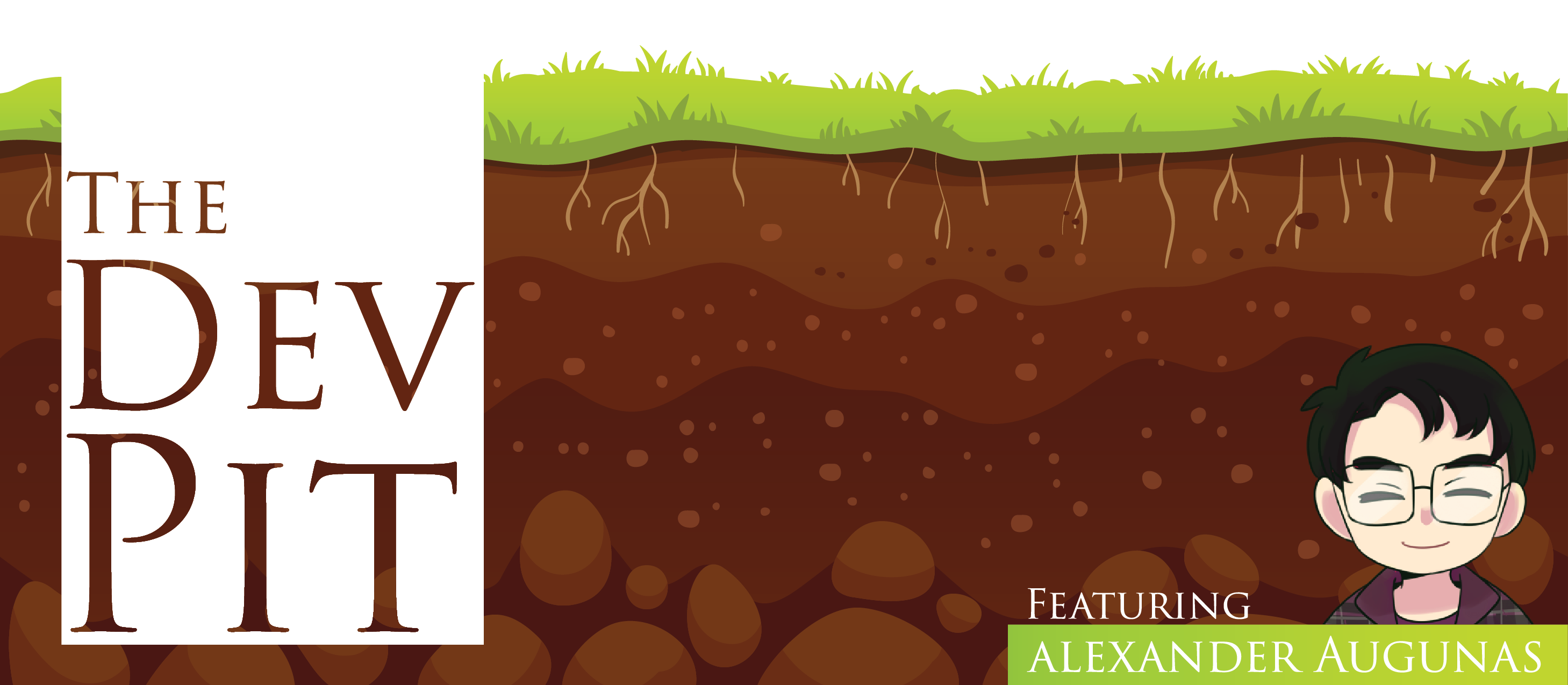
Alexander “Alex” Augunas, the Everyman Gamer, has been playing Tabletop Roleplaying Games since 2007 after a friend pretended to be his father in order to smuggle him out of high school so his gaming group had enough people to run a module. Today, Alex is the owner and publisher of Everybody Games, a co-host on Know Direction: Beyond and RPG Design Club, and a player on Stellar. You can follow Alex’s exploits on Twitter (@AlJAug), on Facebook, or on Patreon. Know Direction fans are also welcome to “@Alex” him on the Know Direction discord server!

